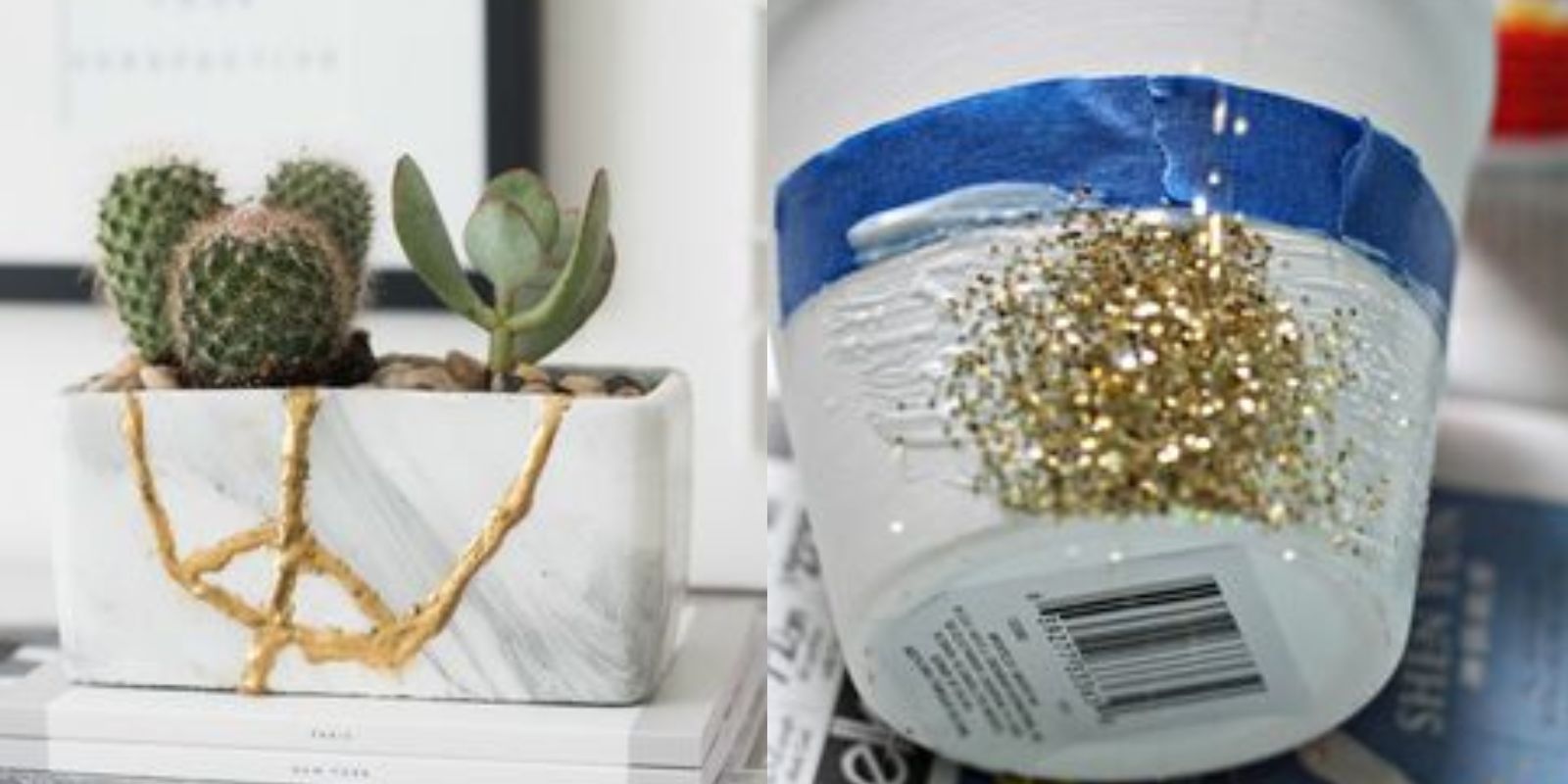Introduction
In the world of gardening, sustainability and resourcefulness go hand in hand. Imagine transforming everyday household waste into valuable nutrients that can enhance the growth and flowering of your plants. This article explores the practical methods and benefits of using household waste, such as eggshells, coffee grounds, and fruit scraps, to create nutrient-rich compost that nourishes your garden naturally.
Why Use Household Waste in Your Garden?
Using household waste in gardening offers several advantages:
- Cost-Effective: It reduces the need for store-bought fertilizers, saving money.
- Environmental Benefits: It promotes sustainability by reducing waste sent to landfills.
- Nutrient-Rich Soil: Household waste, when composted properly, enriches soil with essential nutrients.
- Improved Plant Health: Nutrient-rich soil supports healthier plants with stronger growth and better resistance to pests and diseases.
Methods of Using Household Waste in Gardening
Let’s explore how you can effectively utilize household waste to benefit your garden:
1. Eggshells
Eggshells are rich in calcium carbonate, which can benefit plants, especially tomatoes and peppers that require calcium to prevent blossom end rot.
- Preparation: Crush dried eggshells into small pieces or powder.
- Application: Sprinkle crushed eggshells directly onto the soil around plants.
- Benefits: Enhances soil structure and provides calcium to plants.
2. Coffee Grounds
Coffee grounds are a nitrogen-rich organic material that can improve soil texture and attract earthworms, which further aerate the soil.
- Preparation: Allow used coffee grounds to dry before using them in the garden.
- Application: Spread coffee grounds around acid-loving plants like azaleas, rhododendrons, and blueberries.
- Benefits: Adds nitrogen to the soil, improves drainage, and deters pests like slugs and snails.
3. Fruit Scraps
Fruit scraps, such as peels and cores, are rich in potassium, phosphorus, and other nutrients essential for plant growth.
- Preparation: Chop fruit scraps into small pieces to aid decomposition.
- Composting: Mix fruit scraps with other organic materials like leaves and grass clippings to create compost.
- Application: Apply compost to garden beds as a nutrient-rich soil amendment.
- Benefits: Provides essential nutrients, improves soil fertility, and reduces waste.
4. Vegetable Scraps
Vegetable scraps, including trimmings and peelings, can also be composted to enrich garden soil.
- Preparation: Chop vegetable scraps into small pieces to accelerate decomposition.
- Composting: Layer vegetable scraps with brown materials like shredded paper or dried leaves to balance carbon and nitrogen ratios.
- Application: Use compost as a top dressing or incorporate it into the soil before planting.
- Benefits: Enhances soil structure, adds nutrients, and supports plant growth.
Practical Tips for Using Household Waste in Gardening
To maximize the benefits of household waste in your garden, consider these tips:
- Proper Composting: Ensure proper balance of green (nitrogen-rich) and brown (carbon-rich) materials for efficient composting.
- Application Timing: Apply compost and organic materials in early spring or fall to prepare soil for planting.
- Mulching: Use compost as mulch around plants to retain moisture and suppress weeds.
- Rotate Compost Bins: Rotate compost bins to ensure continuous supply of nutrient-rich compost throughout the gardening season.
Success Stories and Gardening Tips
Many gardeners have shared their success stories of using household waste to improve their gardens:
- Rose Gardens: Adding eggshells and coffee grounds to rose beds resulted in healthier plants with more vibrant blooms.
- Vegetable Gardens: Composting fruit and vegetable scraps helped maintain soil fertility and yielded abundant harvests.
- Herb Gardens: Mulching with homemade compost enriched with kitchen scraps supported vigorous growth of herbs like basil and parsley.
Environmental and Personal Benefits
Beyond the garden, using household waste in gardening contributes to environmental conservation by reducing landfill waste and promoting sustainable practices. It also fosters a deeper connection to the natural world and a sense of accomplishment in nurturing plants from soil enriched with homemade compost.
Conclusion
By turning household waste into plant gold, gardeners can create a thriving, sustainable garden that blooms with health and vitality. Whether you’re starting with eggshells, coffee grounds, or fruit scraps, each item contributes valuable nutrients to the soil, benefiting plants and the environment alike. Embrace the art of composting and organic gardening to transform your garden into a vibrant oasis of beauty and sustainability.
Join the movement of gardeners who are harnessing the power of household waste to cultivate flourishing gardens and contribute to a greener, healthier planet. Together, we can make a difference—one garden, one compost pile at a time. Happy gardening!

